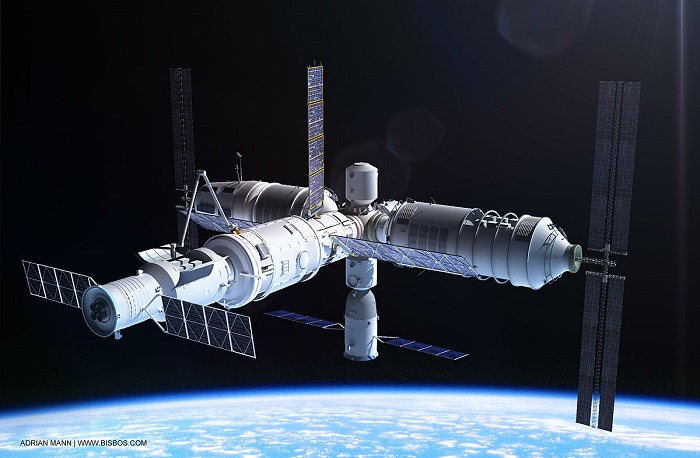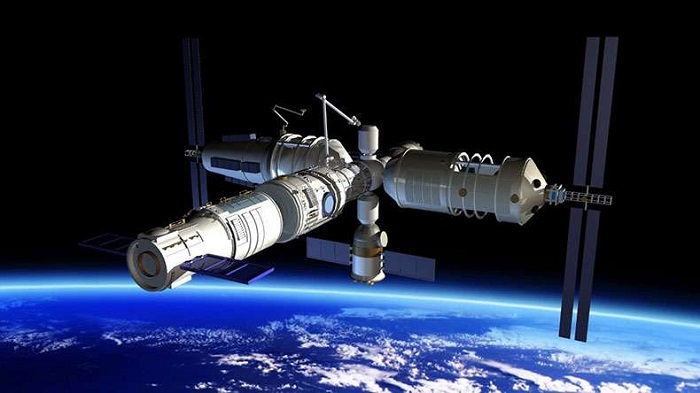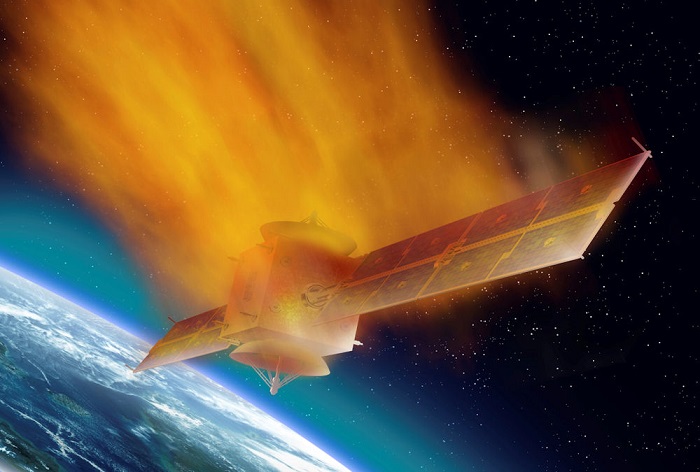At a press conference this week, Chinese officials confirmed the country is no longer in control of its space station.
This means no one will be in control of the station when it begins to fall back to Earth next year.

The Tiangong-1 space station has been orbiting the planet for five years; recently, though, it was decommissioned and its astronauts were sent back to Earth. This was done in favor of launching the country’s new space station, the Tiangong-2.

During the decommissioning process, Chinese space officials relinquished control of the space station. This runs counter to most normal procedures, in which a decommissioned satellite or space station would be retired by forcing it to enter Earth’s atmosphere, whereupon it would burn up. The burn process is controlled, and most are generally done over the ocean to avoid endangering people below with falling spacecraft debris.

Unfortunately, China’s space agency is not sure when Tiangong-1 will re-enter the atmosphere, and only go so far as to guesstimate that it will be at some point in late 2017. This is a matter that concerns the global community as a whole because it means the space station won’t burn up in a controlled manner, as it is all but impossible to predict where or when the space station will enter Earth’s atmosphere.
Now, while this all might sound a bit alarming, it should be noted that the likelihood of a space station taking out a Manhattan block in New York City is slim. Most of the parts of the station will burn up in the atmosphere once the landfall process begins. And the few parts that do make it to the ground are unlikely to hit any populated areas (nearly three-quarters of the planet is covered by water). Plus, the space station itself is small: it’s just 34 feet long and 11 feet in diameter. Altogether, the station itself weighs a mere 18,000 pounds, or 9 tons. For comparison’s sake, the International Space Station weighs 440 tons.
China has confirmed that it will continue monitoring the space station, and will issue warnings if it threatens to hit a satellite over the next year.
Via Xinhua News
Advertisement
Learn more about Electronic Products Magazine





